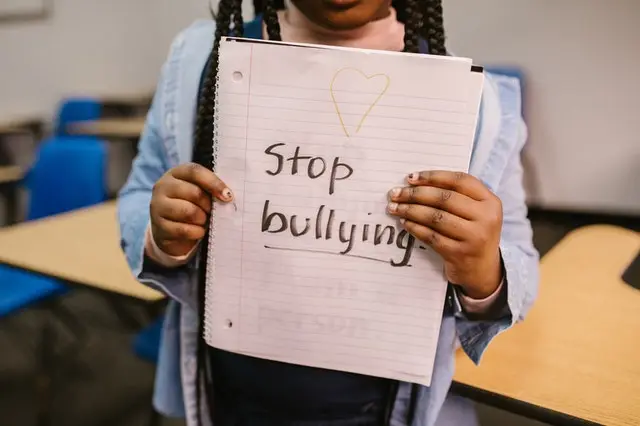
What is bullying really? We’ve all heard the term flung around liberally, but what does it really mean? Bullying is described as when someone more powerful uses another’s weakness to mistreat them. We see many examples of bullying in entertainment right from “Tom and Jerry” and “Doremon” to Regina George in “Mean Girls.” A lot of the time, the bullying in TV shows and movies is exaggerated for entertainment purposes. This can make it difficult for us to spot bullying when it is happening around us, or even to us.
So how is bullying different from teasing and who draws the line? This is a complicated question to answer. Sometimes playful teasing can hit a nerve and hurt someone. Other times, it is done with the intention to hurt. Here are a few ways to differentiate the two.
Teasing is meant to be an enjoyable social exchange; this means that it must be enjoyable for all the people involved. If it is evidently hurting one person, it is not teasing anymore. Verbal bullying is done with the intention to hurt or embarrass. As to who draws the line; it is entirely up to you. You get to decide when something stops becoming a joke and starts hurting you. In most situations it is best to tell the person that you are getting hurt or offended. In the case that this is ineffective, asking an adult or an older sibling may be best.
Bystanders also play a very important role. As a bystander, you observe someone else being bullied. You may assume that it is an internal matter and you should avoid getting involved. Ultimately it is your choice, but remember, that you speaking up could mean a world of difference for the one being bullied. In a lot of situations, not taking a side has the same impact as taking the side of the bully. Speaking to the bully directly may help in some cases. Other times, it is always helpful to ask an adult for help.
In these unprecedented times, our whole lives go on online. This creates a new world of bullying where bullies can hide behind anonymity. According to the government of India, cyber bullying is a criminal offense. This means that the act of harassing someone on social media, SMS and email is punishable in the eyes of the law. This may not be enough to stop bullies online though.
There are many ways through which you could deal with cyber bullying. You should begin by blocking and reporting the account and asking your friends to do the same. If the bullying gets more intense, consult an adult. You could also anonymously report it to the National Cyber Crime Reporting Portal. Ensure that you click screenshots of the messages/emails.
Ultimately, your mental health is of utmost importance. Bullies are often bullied themselves in their younger years. The key is to stop the cycle and not be afraid to seek help for the trauma. Keep your friends and family in the loop. Don’t be afraid to express your feelings as it is important to do so in order to process them. And lastly, know that you are not alone.
Author: Samaa Burte Nadkarni, 17 years old